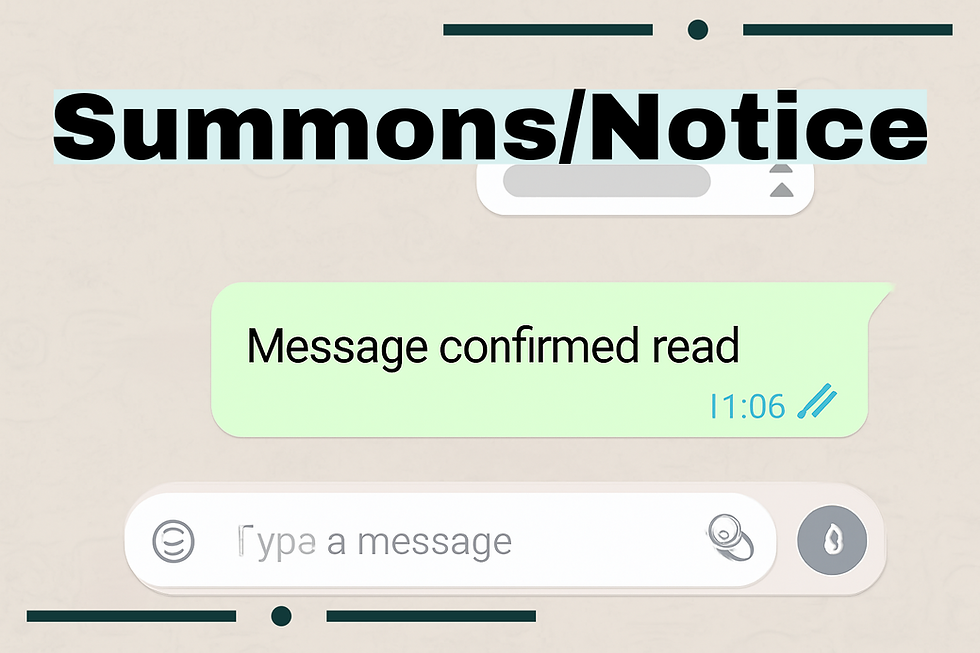Telecommunications Bill 2023
- M.R Mishra

- Jan 26, 2024
- 2 min read
Updated: Apr 20, 2024
As per the statement from the Union Minister for Electronics and Information Technology, the Telecommunications Act of 2023 represents a comprehensive set of structural reforms.
Overview:
This legislation aims to revoke the Indian Telegraph Act (1885), Indian Wireless Telegraphy Act (1933), and The Telegraph Wire (Unlawful Possession) Act, 1950. Additionally, it introduces amendments to the Telecom Regulatory Authority of India (TRAI) Act, 1997.
Key Provisions:
1. Assignment of Spectrum: The act mandates spectrum assignment through auctions, except for specific purposes like national security, defense, and weather forecasting, where administrative allocation is permitted.
2. Right of Way: Facility providers can request a right of way over public or private property for telecom infrastructure, provided on a non-discriminatory and non-exclusive basis whenever possible.
3. Digital Bharat Nidhi: Renaming the Universal Service Obligation Fund (USOF) established under the 1885 Act, it is now known as Digital Bharat Nidhi. The fund can be utilized for research and development.
4. Appointments to TRAI: Amendments allow individuals with at least 30 years of professional experience to serve as Chairperson and at least 25 years of experience to serve as members.
5. Protection of Users: The central government may enforce measures like obtaining prior consent for specified messages, creating Do Not Disturb registers, and establishing mechanisms for users to report malware. Telecom service providers must establish online grievance redressal mechanisms.
6. Adjudication Process: An adjudicating officer, at the rank of joint secretary and above, appointed by the Union government, will handle inquiries and issue orders against civil offenses. Appeals against orders can be made to the Designated Appeals Committee and further to the Telecom Disputes Settlement and Appellate Tribunal (TDSAT).
7. Legal and Regulatory Framework: The Act aims to establish a legal and regulatory framework for a secure telecom network. It excludes Over The Top (OTT) apps like WhatsApp and Telegram from the definition of telecommunication.
Issues and Concerns:
1. Interception of Communication: The Act allows the interception, monitoring, or blocking of messages on specified grounds, raising concerns about privacy and security.
2. Biometric Verification: The requirement for biometric verification may be disproportionate and could potentially infringe on the fundamental right to privacy.
3. Suspension of Internet Services: The Act empowers the government to take temporary possession of the network without clear definitions, lacking procedural safeguards for powers related to searches.
Way Forward:
Recognizing the telecommunications sector's pivotal role in economic and social development, there is a crucial need for a well-defined legal and regulatory framework. Emphasis should be placed on ensuring a secure and inclusive digital growth, safeguarding users' sensitive information throughout the data processing lifecycle.







Comments